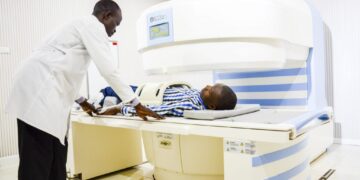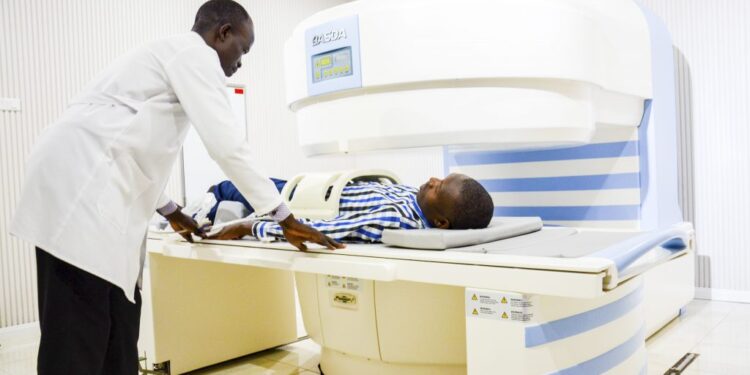The Uganda National Union of Disabled Persons Uganda (NUDIPU) has called on the government to increase funding for orthopedic hospitals to ensure improved service delivery.
Orthopedic services aim at the treatment of the musculoskeletal system including bones, joints, ligaments, tendons, and muscles.
In line with the country’s commitment to disability inclusion and the global Rehabilitation 2030 agenda, Uganda pledged at the 2022 Global Disability Summit to enhance orthopedic facilities and disability services nationwide.
NUDIPU commissioned a comprehensive assessment of orthopedic workshops across the country, comparing government-operated and private facilities focusing on resource allocation, equipment availability, supply chains, funding, and staffing levels.
According to Esther Kyozira, the Chief Executive Officer of NUDIPU, the key findings from the study reveal that many rehabilitation units lack adequate space and accessible design, limiting patient flow and functionality, especially in urban areas.
While speaking to the press at Eureka Place Hotel in Ntinda on Monday November 11, 2024, Kyozira said many facilities face challenges with outdated, inadequate, or non-functional equipment, along with insufficient supplies, which severely impact service quality and limit rehabilitation options.
“The scarcity of essential supplies for orthopedic services makes it difficult to produce necessary assistive products for persons with disabilities,” she noted, adding that despite the existence of a revised personnel structure, staffing shortages and high turnover, particularly in specialized roles, significantly reduce service capacity.
She said the rehabilitation services lack a designated budget, leaving many units reliant on limited supplies from hospital resources.
“This funding shortfall is inadequate, as facilities must serve both walk-in patients and those in various wards simultaneously. The restricted funding limits service quality and availability, hindering the effective service provision and production of assistive devices,” she pointed out.
NUDIPU thus recommended to the Ministry of Health to ensure designated budget allocations to address rehabilitation needs sustainably and promote funding through public-private partnerships.
“Improve the facilities to enhance accessibility and ensure effective rehabilitation service provision and incorporate rehabilitation in emergency response frameworks. Ensure quality management by establishing a system to monitor standards and ensure consistent patient outcomes,” recommended NUDIPU.
According to Kyozira, strengthening the coordination among the stakeholders to optimize resources, ensuring patient-centered care, and mainstreaming rehabilitation by integrating it into general healthcare can achieve collaborative outcomes instead of relying on the main hospital budget.
“Invest in training and continuous professional development for service providers. Create a national database for rehabilitation indicators to inform improvement in the rehabilitation services,” she urged the ministry.
The assessment was done in both government and private rehabilitation facilities in Kampala, Masaka, Mbale, Jinja and Mbarara districts.











